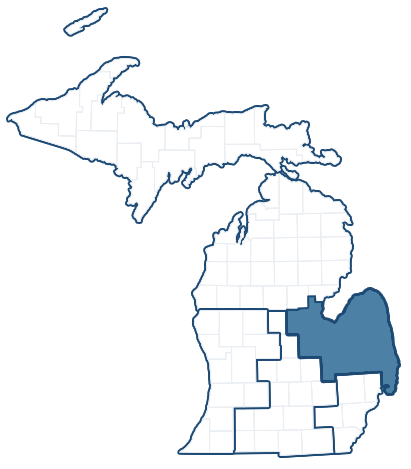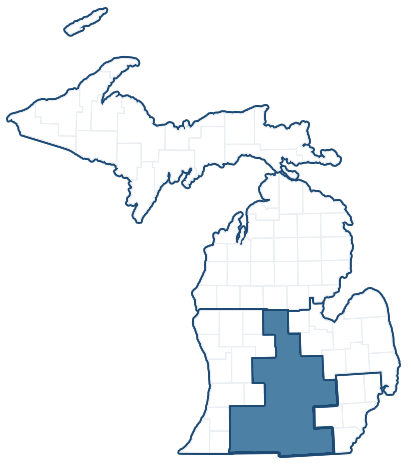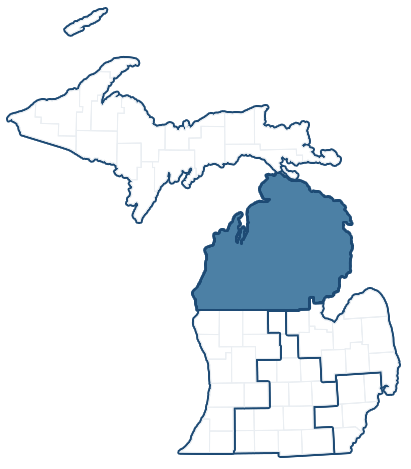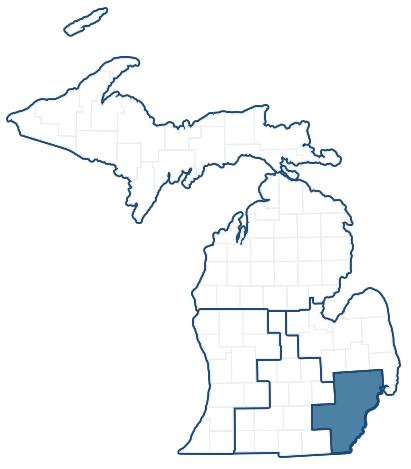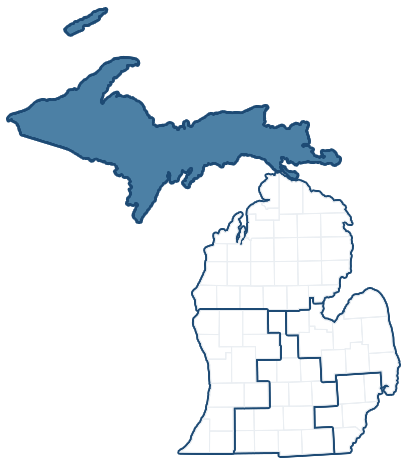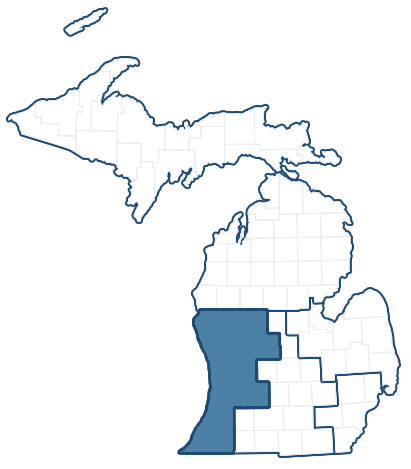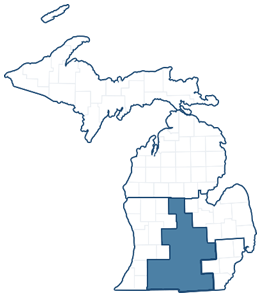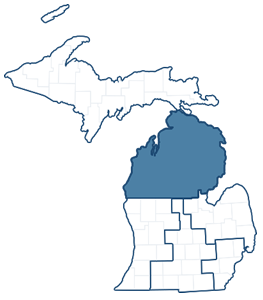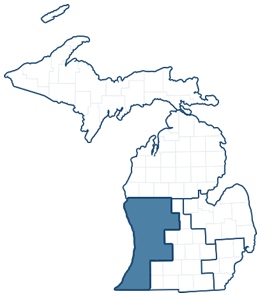Stabenow, Collins, Markey, Capito, Menendez Introduce Bipartisan Improving HOPE for Alzheimer’s Act
Wednesday, March 27, 2019WASHINGTON, D.C. – U.S. Senators Debbie Stabenow (D-MI), Susan Collins (R-ME), Ed Markey (D-MA), Shelley Moore Capito (R-WV), and Bob Menendez (D-NJ) today introduced the bipartisan Improving HOPE (Health, Outcomes, Planning, and Education) for Alzheimer’s Act. Thanks to a successful bipartisan push by lawmakers, the Centers for Medicare and Medicaid Services announced in November 2016 that Medicare would begin covering new care plans in 2017, effectively implementing the HOPE for Alzheimer’s Act. The Improving HOPE Act requires the Department of Health and Human Services to conduct outreach to make more health care providers aware of this important benefit and to report back on rates of utilization and barriers to access.
“Thanks to our HOPE for Alzheimer’s Act, patients and caregivers can now get the information and support they need to cope with this heartbreaking disease,” said Senator Stabenow. “We need to take the next step to make sure patients and their families can take advantage of the resources that are now available to them.”
"When patients receive a devastating diagnosis of dementia, it is imperative that they and their families receive the resources they need, including information about treatment options and what medical and community services are available,” said Senator Collins. “Fortunately, following my advocacy with Senator Stabenow, CMS implemented a new rule last year that allows Medicare beneficiaries to receive a care planning session. Our legislation would help expand access to this service by increasing awareness of this policy change among physicians. As the Co-Chair of the Senate Alzheimer’s Task Force, I will continue to support patients and their caregivers.”
“Often family members notice the symptoms of Alzheimer’s in their loved ones but it’s only years later that a doctor formally diagnoses the disease,” said Senator Markey. “Thanks to our efforts, we have been able to streamline the diagnosis process, educate our nurses and primary caregivers, and ensure family members are included in conversations about treatments and resources. We need to continue our efforts building awareness and expanding outreach on how early diagnosis can help patients and families avoid crises and complications while reducing costs for the federal government.”
“In 2016, I was thrilled to join Senators Stabenow, Collins, and Markey to announce that for the first time Medicare would pay for new individual care plans to support Alzheimer’s patients and their families,” said Senator Capito. “While these comprehensive care plans are helping many men and women, they have the potential to help so many more. That’s why we are once again joining together to introduce the Improving HOPE for Alzheimer’s Act, which will help ensure physicians are aware they are able to assist their patients in this way and look at any barriers that might be preventing Medicare beneficiaries from accessing these services.”
“Alzheimer’s is devastating, -- not only for those diagnosed with the deadly disease, but for families struggling to understand how to provide the best care possible,” said Senator Menendez. “We know that providing patients and their caregivers with care planning services – like help in understanding a diagnosis, the possible treatments available, and how to manage the many challenges ahead – makes a positive difference. Yet, far too many seniors living with Alzheimer’s – and their doctors -- have no idea this benefit is available. We’re introducing this bill to change that and to ensure patients get the resources they need.”
“With more than 5 million currently living with Alzheimer’s, and 9 million more projected to be living with the disease by 2050, the Alzheimer’s Association and its advocacy arm, the Alzheimer’s Impact Movement (AIM), are encouraged by the commitment made by Senators Stabenow, Collins, Markey, Capito, and Menendez to ensuring Americans, now and in the years to come, have access to critical care-planning services,” said Robert Egge, Alzheimer's Association chief public policy officer and AIM executive director. “The Improving HOPE for Alzheimer’s Act would build upon the good work that CMS has done to help provide much-needed, comprehensive care-planning services across the country.”
Alzheimer’s disease is the sixth leading cause of death in the United States, and more than 16 million Americans provide unpaid care for people with Alzheimer’s. In Michigan, there were more than 4,400 deaths from Alzheimer’s disease in 2017, and more than 517,000 people provided 589,000,000 hours of unpaid care to Alzheimer’s patients.
The HOPE for Alzheimer’s Act requires Medicare to pay for an individual care plan for newly diagnosed Alzheimer’s patients. This new benefit encourages doctors to give a clear diagnosis to patients with Alzheimer’s disease, including information about treatment options and what medical and community services are available. In 2017, less than one percent of seniors living with Alzheimer’s disease received the care planning benefit created by the HOPE for Alzheimer’s Act. The Improving HOPE for Alzheimer’s Act requires HHS to conduct outreach to health care practitioners about comprehensive Alzheimer’s disease care planning services, including education initiatives, and materials on appropriate diagnostic evaluations and explanations of the requirements for eligibility.
Next Article Previous Article




